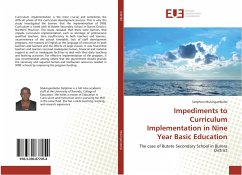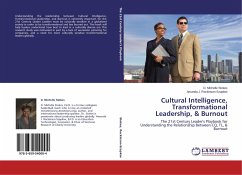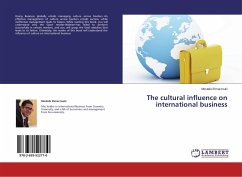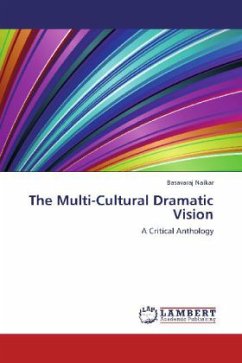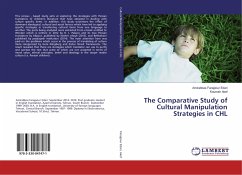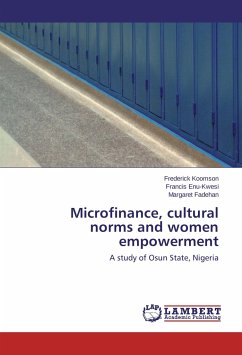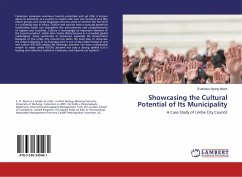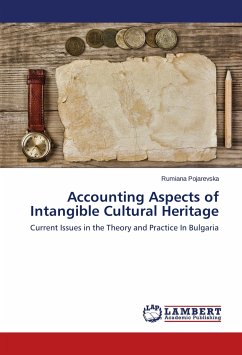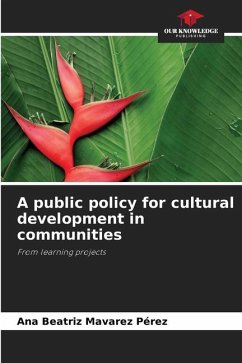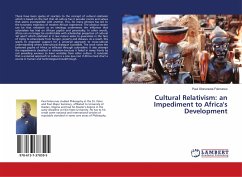
Cultural Relativism: an Impediment to Africa's Development
Versandkostenfrei!
Versandfertig in 6-10 Tagen
24,99 €
inkl. MwSt.

PAYBACK Punkte
12 °P sammeln!
There have been spates of reaction to the concept of cultural relativism which is based on the fact that all culture has it peculiar norms and values that seems incompatible with another. This, for many scholars has led to the traumatic trajectory of modern African experience. The obvious reason can be that relativism as an ideology undermines the influence that colonialism has had on African psyche and personality. In other words, Africa can no longer be comfortable with scholarship projection of cultural 'set apart' which relativism in it raw nature seeks to guarantee in the face of trying t...
There have been spates of reaction to the concept of cultural relativism which is based on the fact that all culture has it peculiar norms and values that seems incompatible with another. This, for many scholars has led to the traumatic trajectory of modern African experience. The obvious reason can be that relativism as an ideology undermines the influence that colonialism has had on African psyche and personality. In other words, Africa can no longer be comfortable with scholarship projection of cultural 'set apart' which relativism in it raw nature seeks to guarantee in the face of trying to emancipate from hunger, poverty and diseases. As a result, this seems to engender support for a universal approach to cross-cultural understanding where intercultural dialogue is possible. The work notes the battered psyche of Africa as inflicted through colonialism. It also attempt the impediments classified in relativism because it failed in many fronts by not providing avenues to learn veritably from other culture. It conclude that a universal approach to culture is a sine qua non if Africa must chart a course in human and technological breakthrough.




